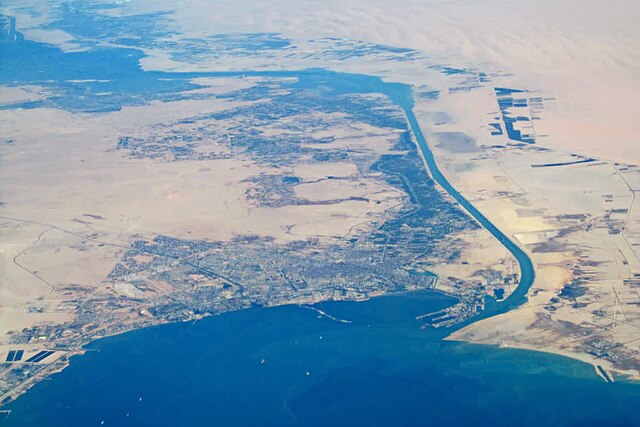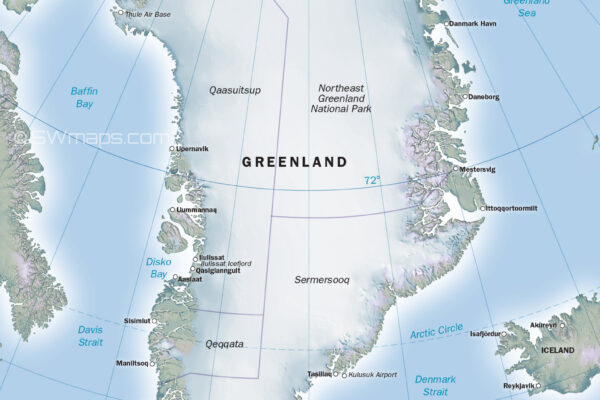
Introduction
The Suez Canal, opened in 1869, serves as a crucial artery for global trade, linking the Mediterranean Sea to the Red Sea. As one of the world’s most important waterways, it enables ships to significantly shorten their journeys between Europe and Asia, thereby reducing shipping costs and time. Recent events, notably the 2021 blockage by the Ever Given container ship, have highlighted its vulnerability and importance, bringing global attention to the challenges faced in maintaining this vital route.
Economic Significance
The Suez Canal is not just a major navigational route; it is also a key driver of the Egyptian economy. In 2022, revenues from the canal reached a record $8 billion, showcasing its pivotal role in international trade. Approximately 12% of global trade passes through the canal, carrying everything from oil to consumer goods. Its significance is underscored by recent investments aimed at expanding its capacity and efficiency, including efforts to broaden sections of the canal and improve traffic management systems.
Recent Developments
In March 2021, the grounding of the Ever Given highlighted the fragility of maritime logistics as the ship blocked the canal for six days, disrupting global supply chains. Following this incident, the Suez Canal Authority has taken steps to enhance the infrastructure, including dredging deeper channels and widening certain areas to facilitate smoother transit for larger vessels that have been increasingly common in recent years.
Environmental Challenges
While enhancing capacity, the Suez Canal is also facing environmental scrutiny. The dredging and expansion have raised concerns regarding the impact on local ecosystems and marine biodiversity. The Canal Authority is reportedly working to mitigate these effects by implementing environmental monitoring practices and collaborating with international organisations to promote sustainable shipping practices.
Conclusion
As global trade continues to evolve, the Suez Canal remains a vital conduit for maritime transport. Its recent challenges and the responses by the Suez Canal Authority indicate a concerted effort to bolster its significance while addressing environmental concerns. Looking forward, the Canal will likely continue to be a critical element in international commerce, requiring ongoing investments and innovations to navigate the complexities of modern shipping demands.
You may also like

Understanding the Significance of the Greenland Map

Current Events: What’s Happening in Iran
